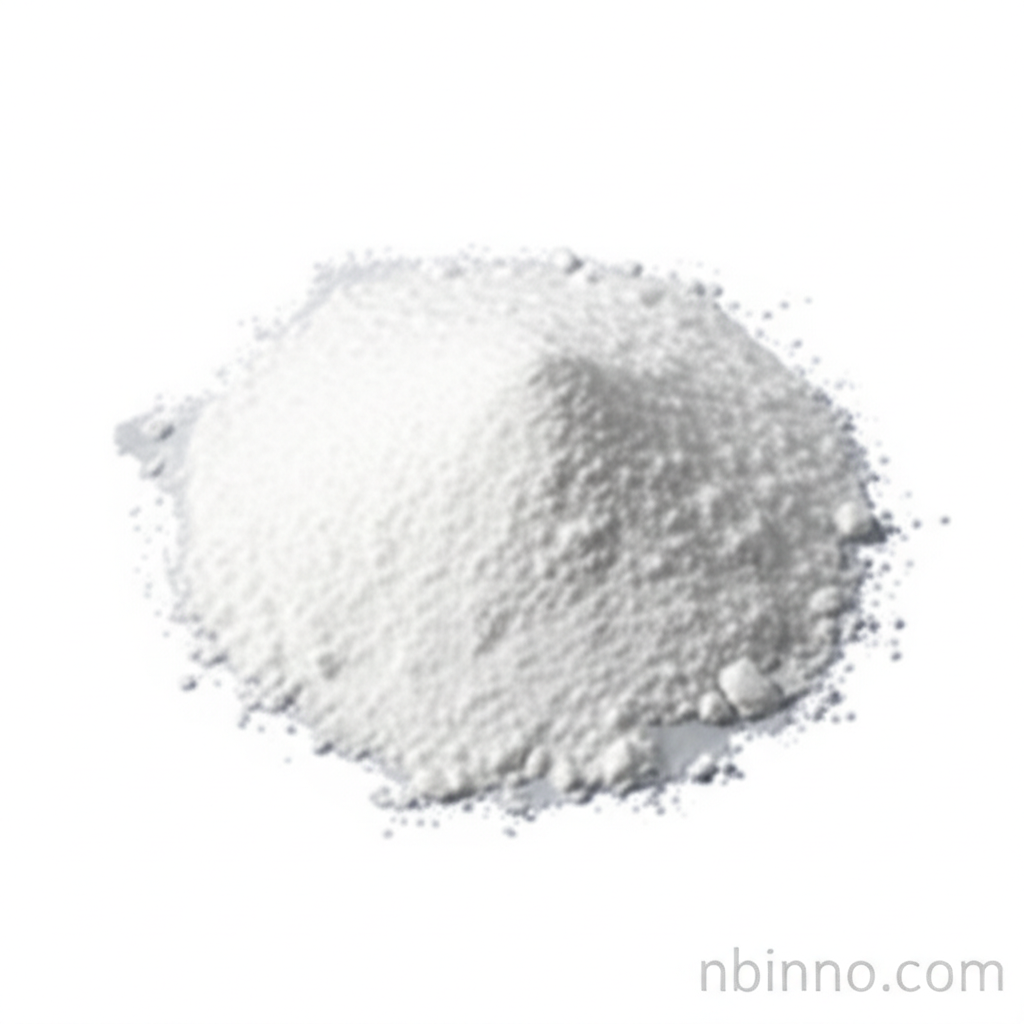Dermcidin-1L: Anionic Antimicrobial Peptide with Broad Spectrum Activity and Unique Membrane Insertion Mechanism
Explore the intricate details of Dermcidin-1L, a unique anionic antimicrobial peptide found in human sweat. Discover its broad-spectrum activity and the fascinating molecular mechanisms behind its bacterial membrane insertion, offering insights for next-generation antimicrobial therapies.
Get a Quote & SampleProduct Core Value

Dermcidin-1L
Dermcidin-1L (DCD-1L) is a remarkable anionic antimicrobial peptide (AMP) naturally secreted by human sweat glands. Unlike many cationic AMPs, DCD-1L exhibits potent activity against a wide range of Gram-positive and Gram-negative bacteria, as well as fungi, demonstrating efficacy across broad pH ranges and high salt concentrations. Its unique 'L-shaped' conformation and interaction with bacterial membranes, modulated by metal ions like Zn2+, offer novel avenues for antimicrobial research and development. As a trusted supplier in China, we provide high-quality DCD-1L for your research needs.
- Understanding the mechanism of bacterial membrane insertion: Delve into the scientific literature exploring how DCD-1L interacts with bacterial membranes, providing valuable data for antimicrobial peptide mechanism studies.
- Exploring the structure-activity relationship: Analyze the distinct roles of DCD-1L's N-terminal cationic and C-terminal anionic domains in its antimicrobial function and membrane binding.
- Investigating pH and metal ion effects: Learn how environmental factors like pH and the presence of Zn2+ influence the activity and stability of this anionic antimicrobial peptide.
- Developing novel non-cationic antimicrobials: Leverage insights from DCD-1L's unique properties to design next-generation antimicrobial agents with potentially reduced host cell toxicity.
Advantages of Dermcidin-1L
Broad Spectrum Efficacy
DCD-1L demonstrates potent antimicrobial activity against a diverse array of bacteria and fungi, making it a valuable tool in antimicrobial peptide research.
Anionic Nature
Its anionic character provides unique properties, including stability at broad pH ranges and high salt concentrations, setting it apart from typical cationic AMPs.
Novel Membrane Interaction
The complex 'L-shaped' conformation and metal ion-dependent membrane insertion mechanism offer new insights into peptide-lipid interactions and pore formation.
Key Applications
Antimicrobial Research
Utilize DCD-1L as a model peptide to investigate antimicrobial mechanisms and explore structure-activity relationships, contributing to advancements in peptide design.
Skin Innate Immunity
Study the role of DCD-1L in human skin's innate defense system, providing insights into host-pathogen interactions and skin health.
Drug Discovery & Development
Explore the potential of DCD-1L and its derivatives as lead compounds for novel antimicrobial therapies, addressing the growing challenge of antibiotic resistance.
Biophysical Studies
Investigate peptide-membrane interactions, conformational changes, and aggregation behavior using DCD-1L in various biophysical techniques.
